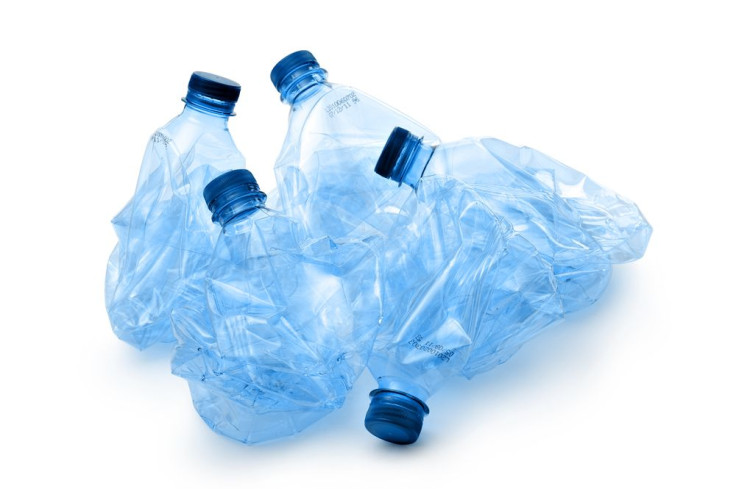BPA-Free Plastic Worse Than BPA-Containing Products? Similar Health Risks Identified Across Wide Commercial Sample

Bisphenol A (BPA) has been linked to a variety of health risks, but plastics marketed as BPA-free may carry identical consequences, a recent study finds.
Although the Food and Drug Administration (FDA) has assured the public that the compound has no adverse effect in low doses, products containing BPA have been subject to boycott, with many citing an association between the ubiquitous chemical and heightened estrogen activity (EA) — a hormonal change that may in turn lead to cancer, diabetes, and obesity, especially in young children.
In response, countless parents have purged their cabinets of plastic baby cups and dishes, replacing each piece with a BPA-free alternative. But according to a study published in the National Institutes of Health’s journal Environmental Health Perspectives, these alternatives may be just as bad.
To investigate, lead author, Chun Z. Yang, and colleagues analyzed 455 BPA-free plastic containers such as storage products and food containers. “Almost all commercially available plastic products we sampled — independent of resin, product, or retail source —leached chemicals having reliably detectable EA, including those advertised as BPA-free,” the researchers wrote. “In some cases, BPA-free products released chemicals having more EA than did BPA-containing products.”
The findings raise the possibility that EA-related health outcomes may not necessarily be limited to BPA. According to Dr. Laura Vandenberg, a professor of environmental health sciences at the University of Massachusetts-Amherst, any chemical that influences the endocrine system may bring with it a number of consequences.
"We know that there's a cost when we mess with the levels of these hormones in our bodies, regardless of how we do it," she said, speaking to Mother Jones. "Even small changes early in life can alter brain and organ development and set us up for disease later on."
BPA, Plastics, and Your Health
Peer-reviewed research both rejects and supports the link between BPA. For example, a study with mice published earlier this year in the journal Endocrinology found that hormonal changes in utero may triple a child’s risk of developing prostate cancer.
"The amount of BPA we fed the mice was equivalent to levels ingested by the average person," Dr. Gail Prins, lead author and professor of physiology at the University of Illinois at Chicago, explained. "We didn't feed them exorbitantly high doses."
Conversely, the FDA typically rejects these studies, citing flawed methodology. As of 2014, the agency still considers BPA a safe chemical.
By suggesting that all commercial plastic may carry similar risks, Yang’s study offers an uncomfortable solution to the debate.
Source: Yang CZ, Yaniger SI, Jorda C, Klein DJ, Bittner GD. Most Plastic Products Release Estrogenic Chemicals: A Potential Health Problem That Can Be Solved. Environmental Health Perspectives. 2011.
Published by Medicaldaily.com



























